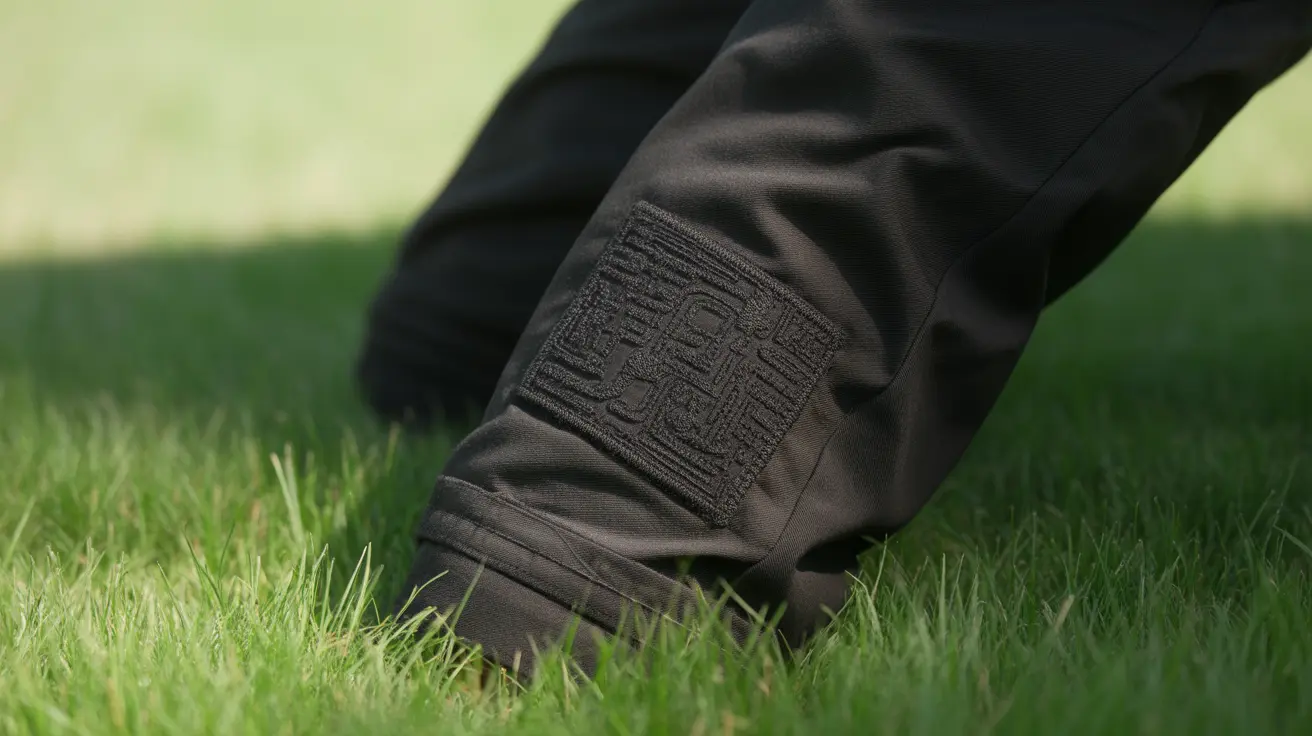Why Dogs Can Enjoy Peanut Butter but Not Whole Peanuts
Peanut butter is a beloved treat among dogs, often eliciting excitement and tail-wagging joy. Yet, many pet owners wonder why dogs can safely consume peanut butter but not always whole peanuts. The answer lies in the differences in texture, preparation, composition, and potential hazards associated with each.
Peanut Butter vs. Whole Peanuts: The Basics
Both peanut butter and peanuts come from the same plant, but they differ significantly in form and digestibility. While peanut butter is ground and often processed into a smooth paste, whole peanuts still contain shells, oils, and other components that can be problematic for canines.
Reasons Dogs Love Peanut Butter
Dogs are drawn to peanut butter for a number of enticing reasons including taste, aroma, and nutritional factors. Here's why it is so appealing:
- Rich Aroma: The roasting process releases savory scents reminiscent of meat, especially appealing to a dog’s powerful nose.
- Fat and Protein Content: These macronutrients are essential to dogs, signaling a high-energy food source.
- Sugar and Salt: Though not a primary factor, the small amounts found in some peanut butters can enhance flavor.
- Texture: The creamy consistency is enjoyable and helps mask medicines or can be used in treat toys.
Peanut butter is also frequently linked to positive interactions such as bonding time with owners, reinforcing a dog's interest.
Nutritional Benefits of Peanut Butter for Dogs
In moderation, peanut butter offers various nutrients beneficial for canine health:
- Healthy Fats: Supports skin and coat health, and delivers calories for energy.
- Protein: Vital for muscle development and overall growth.
- Fiber: Assists in healthy digestion and enhances colon function.
- Vitamins: Includes vitamin E (skin, eyes, immune system), and B-complex vitamins like niacin and biotin.
- Minerals: Contains magnesium, phosphorus, and manganese which support metabolic processes, bone health, and stress management.
However, it's crucial to avoid peanut butter varieties containing
xylitol, an artificial sweetener toxic to dogs.
Safety Differences: Why Whole Peanuts Can Be Risky
Whole peanuts may seem harmless but can prove dangerous in several ways:
- Choking Hazard: Peanuts, especially with shells, can easily block a dog’s airway, particularly in smaller breeds.
- Digestive Issues: Whole peanuts are hard for dogs to break down, leading to gastrointestinal distress like vomiting or diarrhea.
- Salted or Flavored Peanuts: Often seasoned with additives that are unhealthy or toxic to pets.
- Mycotoxins: Improperly stored peanuts can develop fungal contaminants, which can harm dogs.
Moderation Is Key: Proper Serving Practices
Though peanut butter can be a healthy treat, it should only comprise a tiny portion of your dog’s diet. Veterinarians recommend:
- Large dogs: No more than a teaspoon per day.
- Small dogs: A small lick or less than a third of a teaspoon.
- Always check ingredients: Opt for unsweetened, unsalted, organic peanut butter free from preservatives or xylitol.
Owner Influence and Behavior
Another possible reason behind dogs' obsession with peanut butter is behavioral. Dogs mimic the dietary preferences of their owners, who are viewed as pack leaders. Since peanut butter is one of the most commonly shared human foods with pets, dogs recognize and eagerly anticipate the sound of a peanut butter jar being opened.
Feeding Strategies
Consider these tips when offering peanut butter to dogs:
- Use a KONG toy or puzzle feeder filled with peanut butter to stimulate mental activity.
- Blend a small amount in homemade dog biscuits.
- Freeze small portions as a refreshing summer snack.
Conclusion
Dogs can safely enjoy peanut butter due to its processed, easy-to-digest form and enticing aroma, taste, and nutrient profile. Whole peanuts, on the other hand, present choking risks and are harder to digest. When offering peanut butter to your furry friend, prioritize purity, avoid toxic additives like xylitol, and serve in strict moderation to ensure both a happy and healthy pet.





